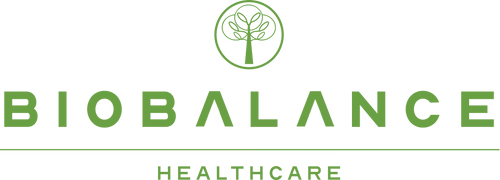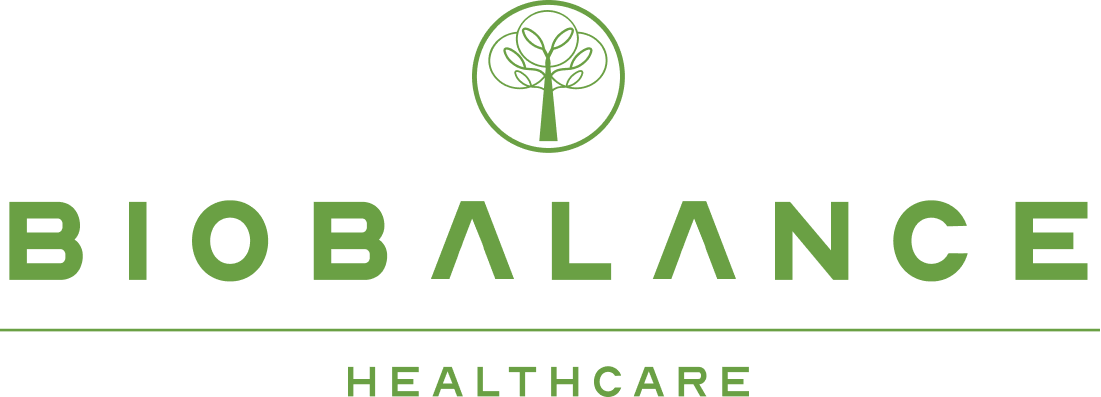Protect Your Eyes With Natural Eye Health Supplements
Ironically, eye health is often overlooked. Statistics show that 38% of Britons surveyed had not had an eye test in over two years and 36% said they would only have an eye exam if they had difficulties with their vision.
The problem with this kind of thinking is multifaceted. Firstly, a decline in vision is often gradual making it hard to notice subtle differences in your capability to see clearly. In other words, you won’t realise that you can’t see until you’ve been tested formally, but by then, it may be too late to correct the issue naturally.
Early supplementation can help protect your eyes from the most common conditions leading to vision loss and poor eye health. The earlier you start, the better.
This article will explain how Lutein and Zeaxanthin supplements protect your eyes from blue light damage, age-related macular degeneration (AMD), and oxidative stress, keeping them healthier for longer.
But, it is still important to have frequent eye exams. Eye tests aren’t just about ascertaining how well you can see. They are a great opportunity for an ophthalmologist to determine whether you have any underlying eye health concerns that can be corrected before leading to more serious conditions or outcomes.
While eye test appointments have declined over the years, hospital admissions for eye health have gradually increased, especially for eye-related surgery. Ophthalmology - the diagnosis and treatment of eyes, is the busiest NHS speciality accounting for 9% of all hospital outpatient appointments.
Most of these appointments are for senior citizens, but eye health doesn’t deteriorate suddenly. It declines gradually over time - so today’s decisions will impact how well you can see tomorrow.
That’s why we recommend supplementing with Lutein and Zeaxanthin with Biobalance’s Ocubalance at an early age to maintain eye health throughout your adult life.
What are Lutein and Zeaxanthin?
Lutein and Zeaxanthin are naturally occurring pigment compounds called carotenoids found in plants, fruits and vegetables, giving their vibrant colours. They can be found in leafy vegetables and plants, including turnip greens, spinach, parsley, and even sweet potato leaves.
Colourful fruits like carrots, papaya, and oranges also contain carotenoids.
Lutein and Zeaxanthin are generally more available when eaten raw, but in some cases, the cooking process increases their availability, for example in mustard greens, peas and squash. Lutein is also present in egg yolk, where it is most bioavailable.
Humans cannot synthesise carotenoids, therefore getting them from diet or supplements is essential.
How can they help your Eye health and vision?
Studies have highlighted that Lutein and Zeaxanthin are powerful antioxidants that quench free radicals. They accumulate in the retina, gradually increasing concentrations in the centre of the macula, where it can be as much as 1,000 times greater than in other tissues. This bias toward retina and macula accumulation appears to offer protective and restorative benefits to eye health in various ways.
Trials show that higher levels of Lutein and Zeaxanthin are associated with a lower risk of AMD.
Test tube experiments show that Lutein prevents ultraviolet damage to human lens cells and inhibits the proliferation and migration of lens cells, preventing cataracts in certain bovine cells. One particular study containing 30,000 participants showed that participants with higher intakes of Lutein and Zeaxanthin had a 19% lower risk of developing a cataract.
This is significant because as well as AMD, cataracts are a leading cause of vision loss.
Understanding common Eye Health complaints
This article focuses on four common causes of vision impairment and decline in eye health. Those are blue light damage, age-related macular degeneration (AMD), cataracts and oxidative stress.
Blue light damage
Blue light is a high-energy, short-wave light that measures between 415-455 nanometers. Its short wavelength allows it to pass through the cornea and lens to reach the retina, causing dryness, cornea, and AMD, and it even stimulates your brain and circadian rhythm, affecting key hormones involved in sleep and wider health.
Excessive blue light exposure is notably harmful to your eyes and health. This includes light produced by screens and digital devices like mobile phones, laptops, and even televisions, which are major culprits in declining eye health.
________________________________________________________________________
Must read: Too Much Screen Time? Improve Your Eye Health Naturally
________________________________________________________________________
High concentrations of Lutein and Zeaxanthin in the retina act as a natural sunscreen that protects your eyes from blue light by increasing pigmentation.
They also reduce the glare caused by bright lights and enhance contrast sensitivity allowing your eyes to better perceive subtle differences between shades of the same colour.
AMD
The macula is the light-sensitive layer in the centre of the retina. It is responsible for the sharp centralised vision necessary for tasks like reading, recognising faces, and paying attention to fine details.
When the macula becomes damaged, vision is impaired. Unfortunately, the macula degenerates with age and this is called AMD. AMD is the leading cause of blindness and impaired vision in people over 50 in the developed world.
Lutein has consistently shown to be a powerful ally against AMD. Not only does it lower the risk of developing it, but a study conducted in Italy showed that people with non-advanced AMD improved their dysfunction in the central retina after a year of supplementation.
A more recent study showed that supplementation for 6 months improved macular pigment optical density (MPOD) even if the dose was halved after 3 months. Higher pigmentation is associated with a lower risk of AMD and higher protection from harmful UV rays.
Cataract
A cataract is the formation of proteins over the lens of the eye that causes cloudy vision. Without a properly functioning lens, light cannot be directed to your retina, making it difficult to see clearly.
Oxidation of lens structures is a major cause of cataracts. Studies show that higher concentrations of Luetein are associated with lower instances of posterior subcapsular cataracts. The study showed that high concentrations of other carotenoids lowered the risks of other cataracts, thus affirming their importance.
Oxidative stress
Your body, including your eyes, is host to ‘reactive oxygen species’ (ROS). These species are highly reactive but necessary for ordinary cellular processes. Oxidative stress refers to a condition whereby your body is producing more ROS than its ability to neutralise them, causing an imbalance that leads to common diseases, including cataracts, AMD, glaucoma, and diabetic retinopathy.
Both Lutein and Zeaxanthin are powerful antioxidants that quench ROS, particularly in the eyes because they accumulate in considerably greater concentrations in eye tissues compared to others, however, their effects extend beyond the eyes also supporting the liver.
Consider supplementing
Diet plays a crucial role in eye and wider health, however, lutein and zeaxanthin are scarcely available in concentrations needed to have a positive impact. You would need to consume vast volumes of fresh fruit, leafy vegetables and eggs, but even then you cannot be sure you are getting the correct dose.
Supplementing lutein and zeaxanthin has proven effective for treating eye-related conditions and lowering the risk of developing them. Supplementing ensures consistency to guarantee that you get the correct dose allowing them to accumulate in your retina to protect your eyes.
Supplementing early is the easiest way to protect your eyes by preventing the onset of degenerative conditions.
Final thoughts
Lutein and Zeaxanthin are one of the few supplements that are widely studied and their positive effects have been noted in several research studies. While more research is needed to understand the long-term benefits and the necessary dose to achieve them, the studies agree on their safety and effectiveness for several positive health outcomes.
The benefits of Lutein and Zeaxanthin extend beyond eye health to positively impact liver health, cognitive function, metabolism, cardiovascular health, inflammation, and potentially cancer. Few supplements promise so much at such little cost - all proven by medical science.
Prevention is better than cure, so supplementing early will ensure that your eye and wider health will benefit from Lutein and Zeaxanthin’s powerful antioxidant, and protective capabilities, especially against harmful blue light, which has become ever more present in the digital era.
Biobalance believes in making health affordable and convenient. Our Ocubalance capsules contain high concentrations of Lutein and Zeaxanthin and are perfect for daily eye care.
So, give your eyes the gift of good health with our Ocubalance capsules. They deserve it and so do you.











